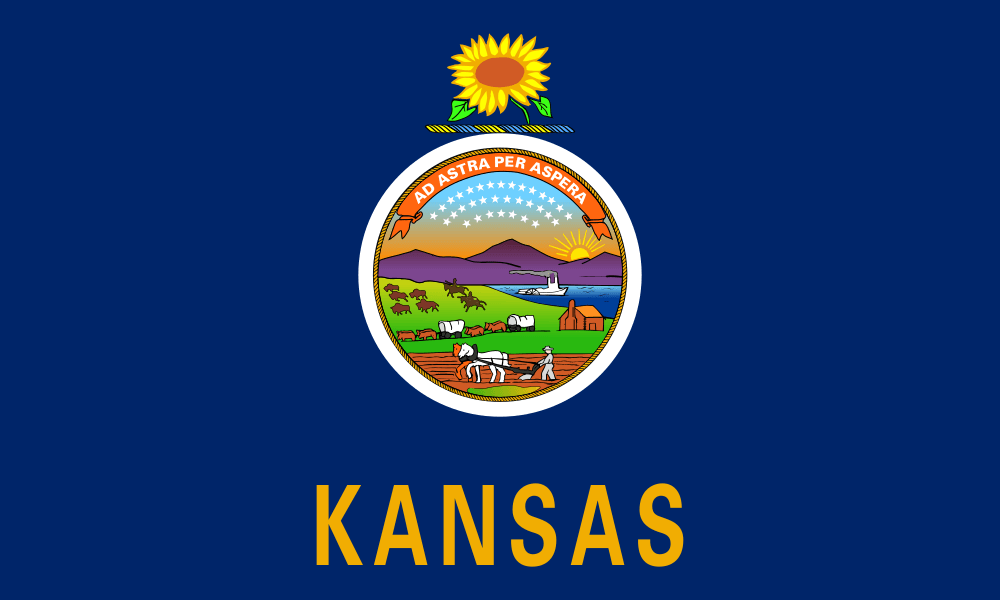To qualify for unemployment benefits in Kansas, you must meet two basic requirements:
- you must have earned at least a minimum amount (and/or worked a certain amount of time) before you lost your job, and
- you must be out of work through no fault of your own.
If you meet these two qualifications when you apply, you will likely be eligible to receive unemployment benefits. (To keep receiving benefits after you are found eligible, you will also have to meet your state’s job search requirements; to learn more, see What Do I Have to Do to Keep Receiving Unemployment Benefits in Kansas?)
Gig workers, freelancers, and contractors are no longer eligible for benefits. In response to the COVID-19 public health emergency, Congress greatly expanded eligibility for unemployment. Among other things, these programs provided benefits to gig workers and other contract workers who are not eligible for traditional unemployment benefits. However, these programs expired in every state on September 6, 2021; about half the states cut off these benefits even earlier.
Eligibility Requirement 1: Minimum Earnings
Unemployment benefits are available only to those who are temporarily out of work. If you apply after being out of the workforce for years, for example, you won’t qualify for benefits. You must have been employed relatively recently, and earned at least a minimum amount, to be eligible.
States look at an applicant’s work history during a stretch of time called the “base period.” In Kansas, the base period is the first four of the five complete calendar quarters immediately before you filed for benefits. For example, if you file for benefits on March 15, 2024, your base period will be from October 1, 2022 through September 30, 2023. It would not include the most recent complete calendar quarter before you filed (October 1, 2023 through December 31, 2023) or the first two-and-a-half months of 2024. In Kansas, you must have earned at least 30 times your weekly benefit amount during the base period to qualify for benefits. In addition, you must have earned wages in at least two of the four quarters of the base period. If you have been off work due to a qualifying injury, you may be entitled to use an extended base period that includes earnings from before your injury. In Kansas, the extended base period is the last four complete calendar quarters immediately before you suffered your injury.
Eligibility Requirement 2: Reasons for Unemployment
To qualify for unemployment benefits, you must be out of work through no fault of your own. If you lose your job in a layoff, reduction-in-force (RIF), downsizing, or similar job action in which positions are cut for financial or strategic reasons, you will be eligible for benefits.
However, you don’t have to be laid off to collect unemployment. You may still be eligible even if you quit your job or you were fired, depending on the circumstances.
If You Quit Your Job
In Kansas, you will be disqualified from receiving benefits if you left your last job voluntarily, without good cause related to the job. Kansas recognizes 12 exceptions to this rule; you won't be disqualified if:
- You quit due to illness or injury, on advice of a health care provider.
- You quit a temporary job to return to a permanent job.
- You quit to enlist in the Armed Forces, but were delayed or rejected.
- You quit because of on-the-job harassment.
- You quit because your working conditions were hazardous to your well-being.
- You quit to accept better work.
- You quit because of a personal emergency.
- You quit because of domestic violence.
- You quit to receive training under the Federal Trade Act.
- You quit because your employer violated your work agreement.
- You quit because your spouse was transferred from one military job to another.
- You quit because your employer asked you to engage in illegal conduct.
If You Were Fired
You may be disqualified from receiving benefits if you were fired for misconduct connected with your work. In Kansas, misconduct is defined as the violation of an obligation or a duty you owe to your employer, including violation of a company rule that you knew (or should have known) about, that is reasonably related to the job, and that is consistently enforced. If you were fired for gross misconduct, such as fraud or theft, your disqualification will last longer.
You may be disqualified either for a set number of weeks or until you get another job and earn a minimum amount, depending on state law. In some states, the length of the disqualification period depends on why you were fired. You can learn more about disqualification based on the reason you were fired in the Unemployment Insurance Benefits Information Guide.If You Are Still Employed
If you are still working but need time off for reasons relating to COVID-19 or other health issues, you may be eligible for paid sick leave under your state's law. See Am I Entitled to Paid Sick Leave, Family Leave, or Vacation Time in Kansas to learn more.
